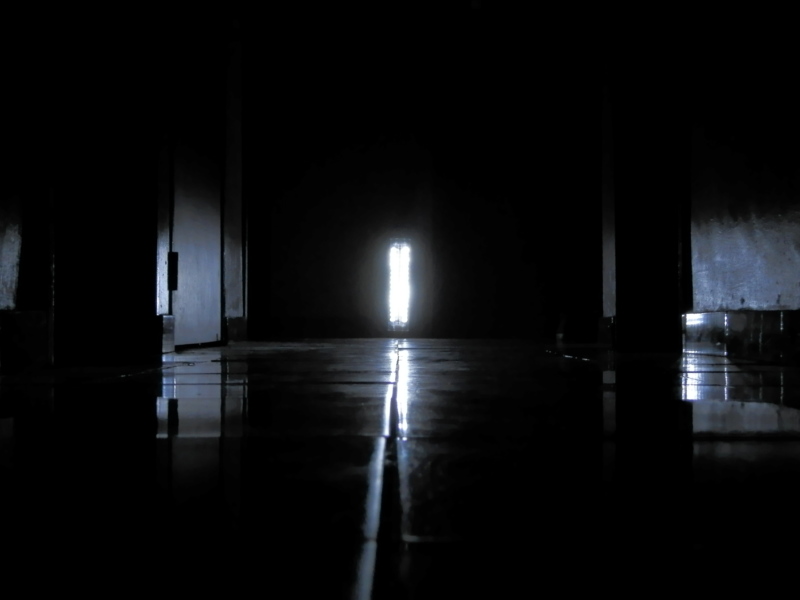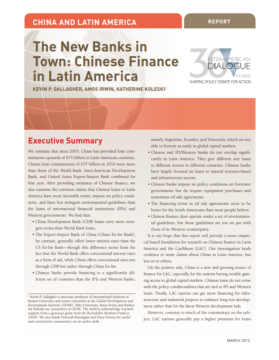Hugo Stay Home
Hugo Chavez, the Venezuelan president, has clearly been enticed by the Libyan drama, where his longtime friend and ally, Muammar al-Qaddafi, is under siege from rebel forces.
When the lights went out on 7 March many Venezuelans would hardly have been surprised. Electricity rationing has become routine over the past decade, especially in the early months of the year when reservoir levels are low (because of overdependence on hydropower), and large-scale power failures are commonplace despite the country’s vast energy resources. However, this blackout quickly proved to be different than most, affecting all 23 states and lasting for longer than any other (more than five days in most of the country), aggravating a humanitarian situation that was already dire. At least 26 people perished in hospitals, where dialysis machines and ventilators for premature babies failed. People rushed to leaking drainage pipes to collect water as water pumps failed, and looted hundreds of stores as food rotted without refrigeration, including more than 4.4 million pounds of meat in the first two days alone. Public transport and communication systems collapsed, closing most schools and businesses. Early estimates place economic losses above US$875 million.
Venezuelan energy experts were quick to dismiss the explanation of the disputed president, Nicolás Maduro: that the US perpetrated a cyberattack on the Guri hydroelectric complex, which supplies 80% of the country’s electricity. They say that the plant’s operating systems are not connected to the Internet and physical entry would be almost impossible. It now seems clear that wildfires overheated one of the main transmission lines that carry power west from the Guri Dam to most of Venezuela’s population, causing the others to become overloaded and crash. According to two engineers, routine brush clearing beneath power lines ceased three years ago.
A lack of transmission-line maintenance may have been the immediate trigger for the power outage, but it is a symptom of almost two decades of government mismanagement that has debilitated Venezuela’s power sector, draining its reserves of both human and financial capital and nudging it towards collapse. With wages that scarcely cover their daily bus ride to work, almost half of Corpoelec’s skilled employees have left the country, according to the Executive Secretary of Venezuela’s electricity industry union.
[...]
Hugo Chavez, the Venezuelan president, has clearly been enticed by the Libyan drama, where his longtime friend and ally, Muammar al-Qaddafi, is under siege from rebel forces.
Estimates of the volume, composition, and characteristics of Chinese lending to the region since 2005.
Is the Venezuelan government likely to comply with the IACHR’s ruling or will it uphold the ban?
 A.E. Rodríguez / CC BY-NC-ND 2.0 / Flickr
A.E. Rodríguez / CC BY-NC-ND 2.0 / Flickr
